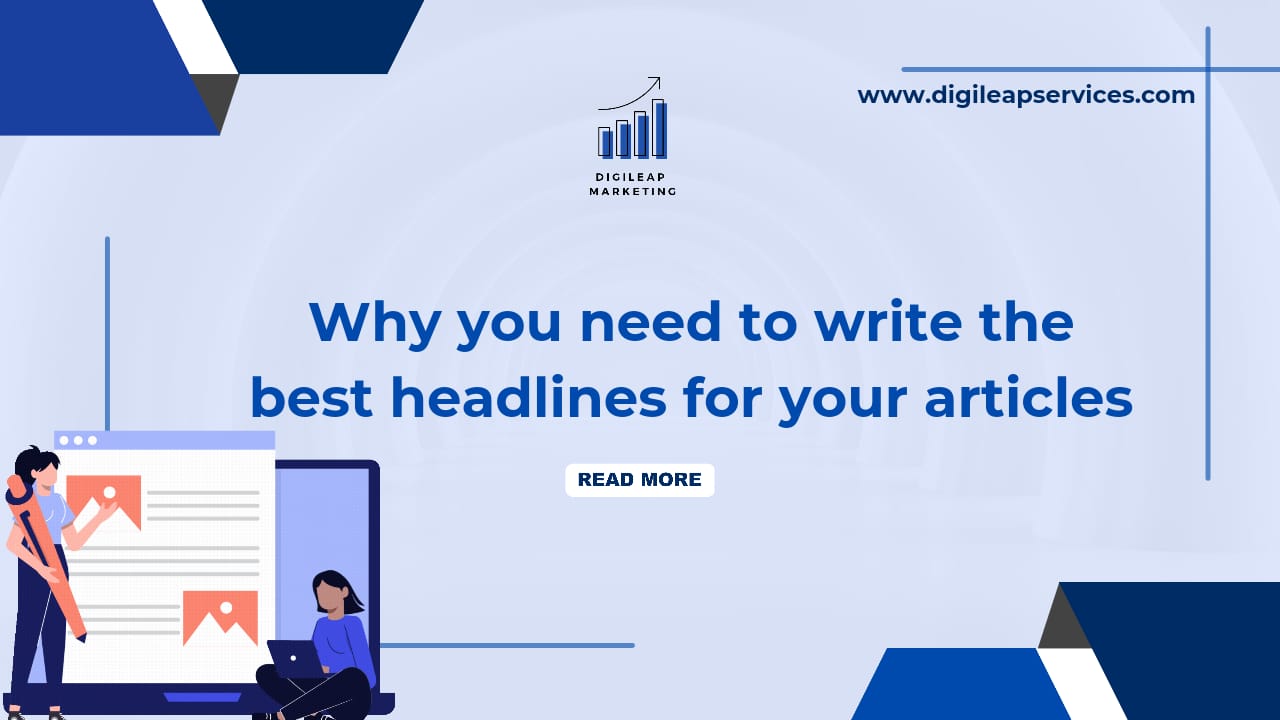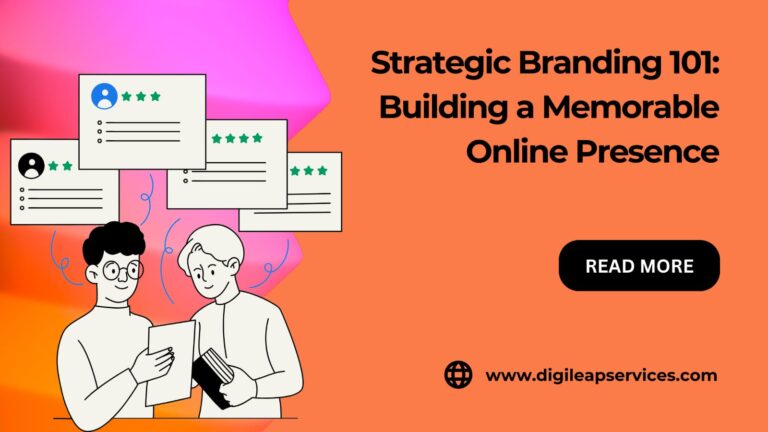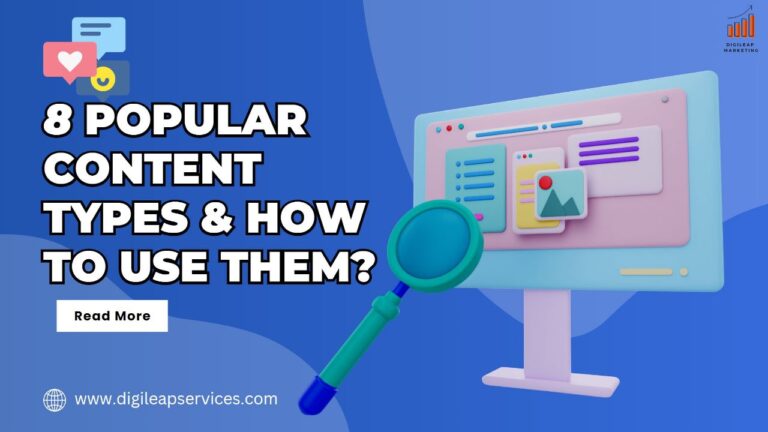Why You Need to Write the Best Headlines for Your Articles
When it comes to crafting amazing content, the single most critical component is the headline. Why? Because headlines influence whether your target audience reads your post. The only impression you can make on an Internet surfer that can convert them into a potential reader is through the headline. Therefore, crafting headlines that will pique the interest of the audience you are attempting to attract is vital.
With the amount of content available online, the average Internet surfer will read 80% of the headlines, but only 20% will read the article. As a result, you should devote as much work to creating a strong, strategic title as you do to the substance of the essay.
Headlines are more than just the title of your work; they help readers identify the substance within the piece, the relevance of the item, and whether or not the information will be entertaining and instructive. A title influences the readability, searchability, and virality of your material. Having stated that, you should incorporate the headline of your article into your digital marketing efforts. This is why:
Gain Readership: The first thing your reader sees is your headline, which tells them about your content. They will most likely click on your link and read your material if it sounds intriguing, instructive, and relevant. If your article contains premium material, the reader is likelier to return to your site or share the content with others. A headline is the first chance for copywriters and content marketers to develop a strong readership and a loyal following for all subsequent articles and blog posts.
Search Engine Marketing: After entering keywords into a search engine, your audience first sees your headline. The higher your content ranks on the search engine results page, the greater your content’s click-through rate. This means that when creating strong headlines, you should think about keyword searches. The keywords used in the headline determine where it appears on a search engine’s results page. The easier it is for readers to find your content, the easier it is for them to find you.
If your work is not easily accessible to readers, it will never be seen. When writing your headlines, be extremely careful. They should include keywords that describe the post’s content and help readers find your material by increasing searchability.
Instead of passive voice, use active voice: It’s not always about what you say, but how you say it. To make your headlines more engaging, use an active voice: “Managers use these tactics to overcome labour scarcity challenges.” This is far more powerful than the passive version: “Ways management overcame labour scarcity issues.” To avoid using passive language entirely, avoid headlines that indicate an experience rather than a direct action taken by the subject. Instead, keep the verb as close to the subject as possible — “managers change” and “managers start” are far more powerful than “managers are changing” and “managers have started.”
Every excellent content marketer understands that a headline is expected to accomplish more than catch the audience’s attention. True, capturing attention is important, but great headlines accomplish much more. A truly effective headline should have four effects on your readers:
- Create a Relationship
- Create a Sense of Immediacy
- Create a Desire for Knowledge
- Start the Message
All these effects work together to attract the reader’s attention. If you take these factors into account while writing your headline, you will see a rise in reading, searchability, and virality. You’re unlikely to come up with the best headline on the first try. The “Father of Advertising,” David Ogilvy, famously changed a headline 104 times before settling on the final draught. He thought a strong headline was just as vital as the ad material itself. As a rule, spend the same time developing a headline as you create the content.
Creating amazing headlines, like everything else, becomes easier with practice. Although it may appear tiresome and superfluous initially, a strong headline can mean the difference between reaching your target audience and having your material lost in the web’s pandemonium.












